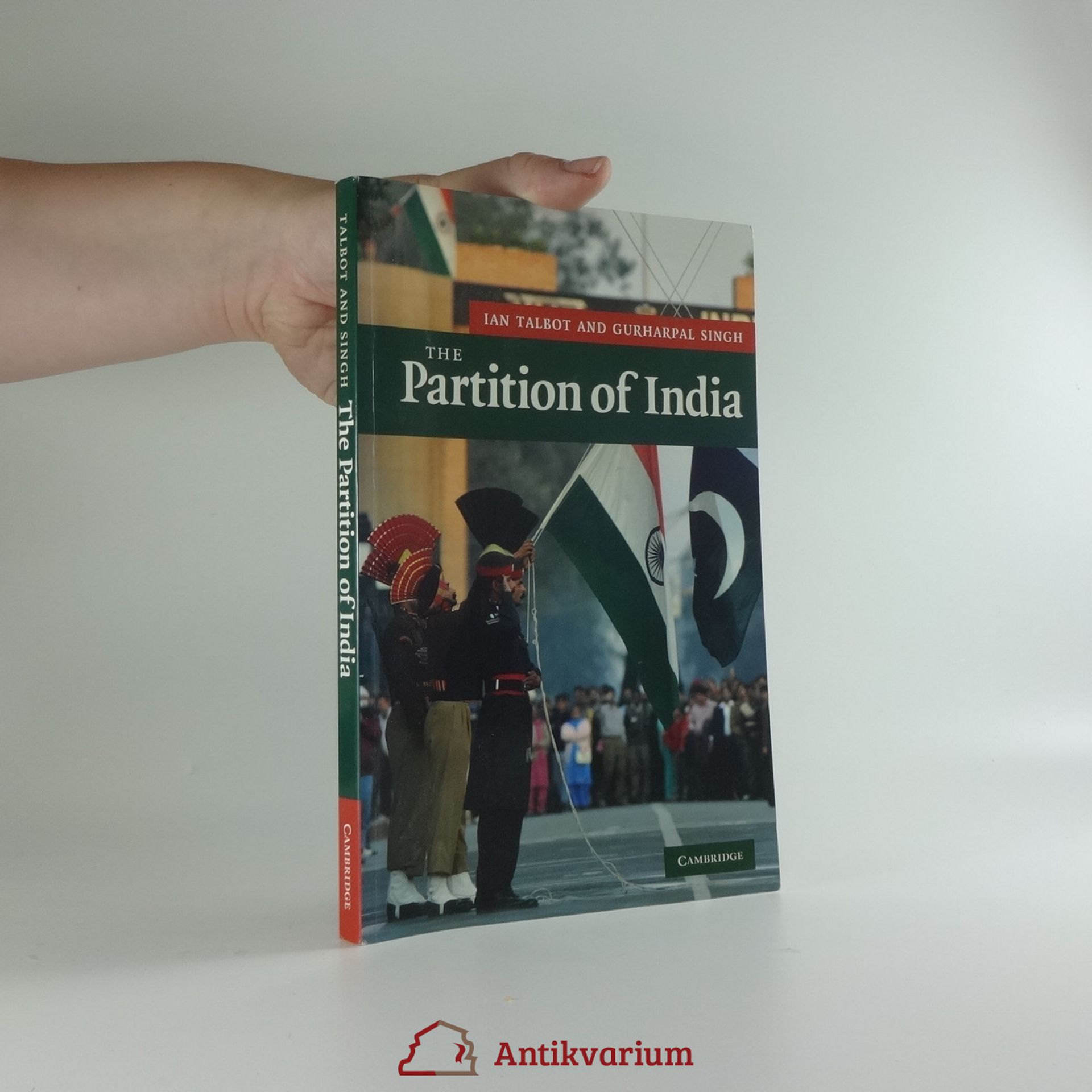Sikh Religion, Culture and Ethnicity
- 232pages
- 9 heures de lecture
The book explores innovative perspectives on Sikh religion, culture, and ethnicity as examined by Sikh scholars in the diaspora, particularly in Britain and North America. It covers a wide range of topics, including film, gender theory, theology, and race theory, challenging traditional dichotomies like insider vs. outsider. This multifaceted approach not only enriches Sikh studies but also appeals to both academic audiences in fields such as politics and religious studies, as well as a broader English-speaking Sikh community.

